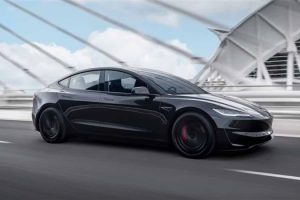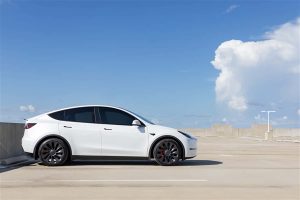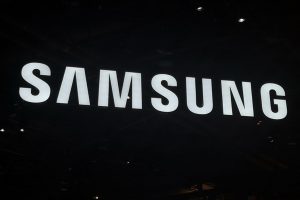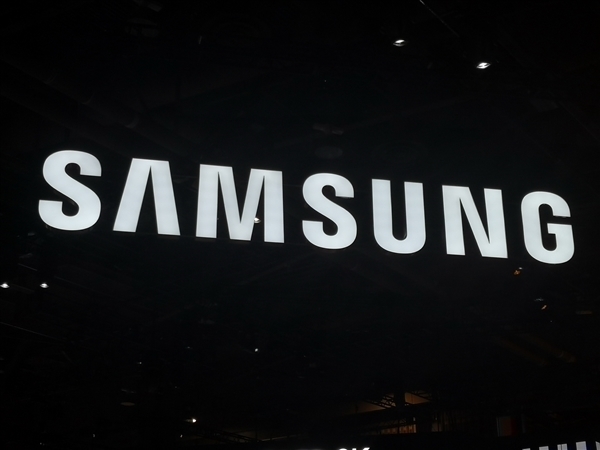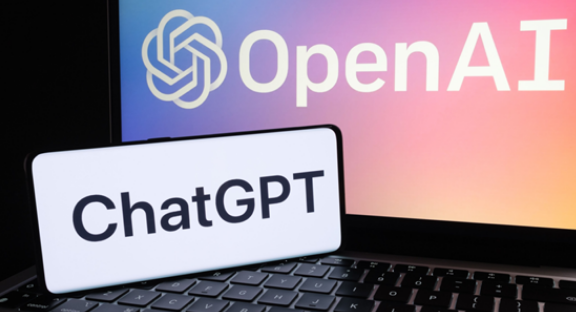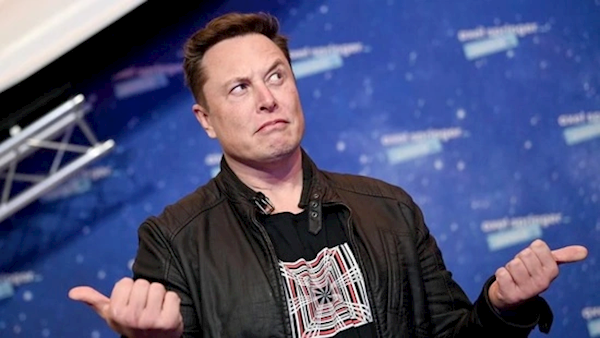February 10, 2025 – According to a report by The Guardian, Meta’s Chief AI Scientist, Yann LeCun, has forecasted a further revolution in artificial intelligence technology by the end of this decade. In his view, the current AI systems are still constrained and have not yet realized the aspiration of creating household robots and fully autonomous vehicles.
While speaking at the Queen Elizabeth Engineering Prize ceremony last Tuesday, LeCun emphasized that significant technological advancements are still necessary to enable AI to comprehend and engage with the physical world. He noted that AI has a considerable journey ahead to catch up with humans or animals in terms of understanding and intelligence. Although present AI excels in “manipulating language”, its comprehension of the physical realm remains restricted.
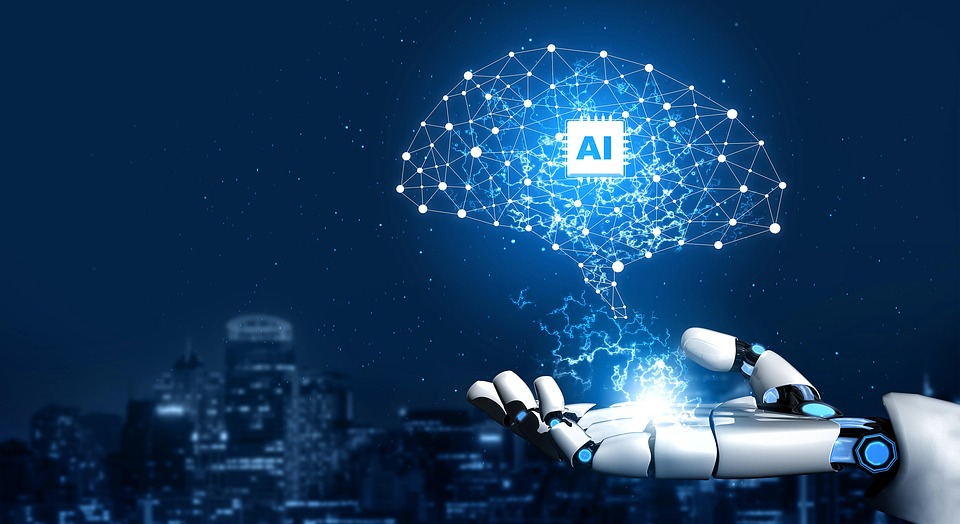
“There are still numerous scientific and technological challenges ahead,” stated LeCun. “The limitations of current systems suggest that AI might undergo a fresh revolution in the next three to five years. If we aspire to eventually produce household robots and fully self-driving cars, we must enable the systems to comprehend the real world.”
LeCun is currently researching a novel system aimed at aiding AI to “understand” reality by establishing a model to forecast the behavior of the physical world. He added, “AI is not yet comparable to humans. It would be a significant step forward if we could develop a system as intelligent as a cat or a mouse.”
Meanwhile, Yoshua Bengio, a co-recipient of the Queen Elizabeth Engineering Prize and a colleague of LeCun, cautioned that the safety of AI technology needs enhancement. He urged the upcoming Global AI Summit in Paris to focus on this critical issue.
“I hope world leaders can better comprehend the implications of what we are doing,” Bengio expressed. “This includes not just the power we are creating, which may bring positive or negative impacts, but also the risks associated with this power.”

